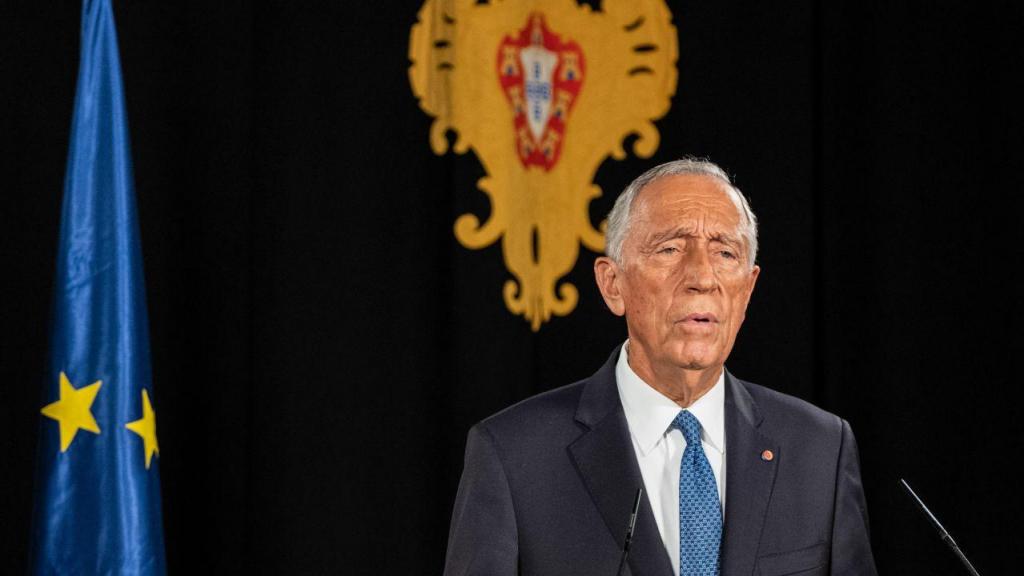RIO DE JANEIRO, BRAZIL – The Portuguese yesterday re-elected their president, conservative Marcelo Rebelo de Sousa, in an election marked by the confinement enforced on the country, severely afflicted by the coronavirus pandemic.

The current head of state, a 72-year-old former law professor who became known as a political analyst on television, secured 61.3% of the vote, according to partial results after counting 98.8% of the ballots.
Former Socialist Deputy Ana Gomes won 12.5% of the vote, thus placing her second, ahead of far-right candidate André Ventura, who secured 11.9% of the vote.
Ventura, founder of the CHEGA party, almost reached his goal of finishing second, although his result confirms the advance of the far-right in a country where this trend was still the exception.
Abstention stood at 61.6%, a new all-time record in the presidential election since the establishment of the democratic regime in 1974.
Voting amid confinement
Analysts feared a higher abstention, of up to 70%, due to the explosion of coronavirus cases in the 10 million inhabitants country and under general confinement for ten days.
With 85,000 new cases and nearly 1,500 deaths in the week, Portugal ranks first in the world in terms of number of infections in relation to population, topped only by the British enclave of Gibraltar, according to official data collected by AFP.
After stores and restaurants, the government closed schools for fifteen days, while on Sunday a new record of cases and deaths was set.
The death toll has reached 10,500 since the pandemic began. Voters had to line up outside voting venues, keeping their distance and entering one at a time.
“Although it’s important to come and vote despite being confined, it doesn’t make sense to leave home and find thousands of people,” Luís Araújo told AFPTV outside an electoral college in Lisbon.
Preventing a second round
In his second campaign speech, the outgoing president invited constituents to vote for him to prevent a second round scheduled for February 14th and thereby “prolong the election for three crucial weeks” of containment of the epidemic.
During his first term, Marcelo Rebelo de Sousa worked uneventfully with Prime Minister António Costa (socialist), who governs with a minority coalition.
In Portugal, the head of state does not hold executive power, but he plays the role of arbitrator in the event of a political crisis and may dissolve Parliament to call early legislative elections.
However, this Sunday’s elections served to take the country’s temperature in relation to the far-right, whose candidate André Ventura was seeking to “crush the left”. The 38-year-old jurist caused great surprise by winning a seat in parliament in the 2019 legislative elections, when he secured 1.3% of the vote.
However, Ventura, an ally of French Marine Le Pen and Italian Matteo Salvini, failed to beat Socialist Ana Gomes, a 66-year-old career diplomat who campaigned without the support of her party or of the Prime Minister, standing as a stronghold against the threat of the far-right.

